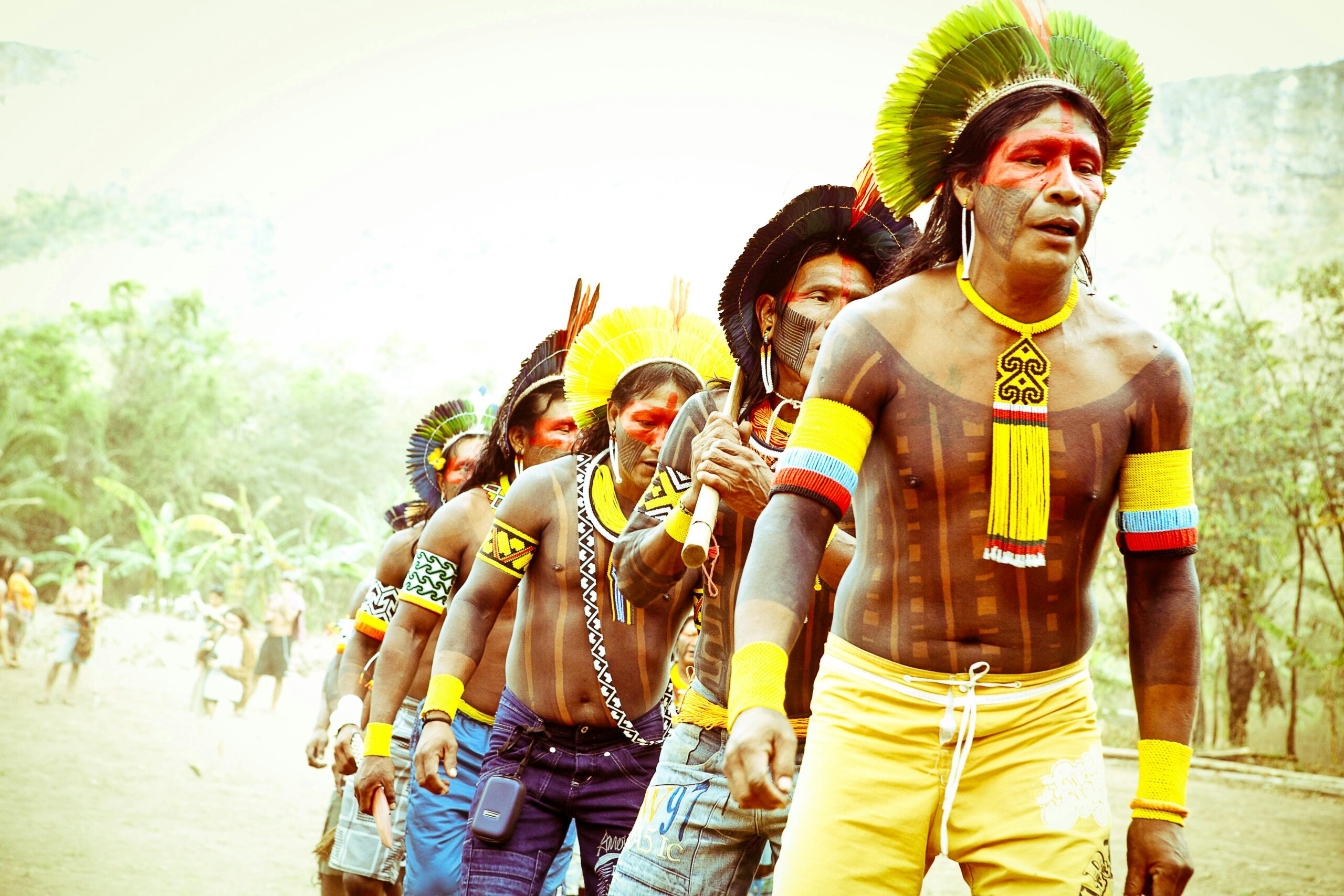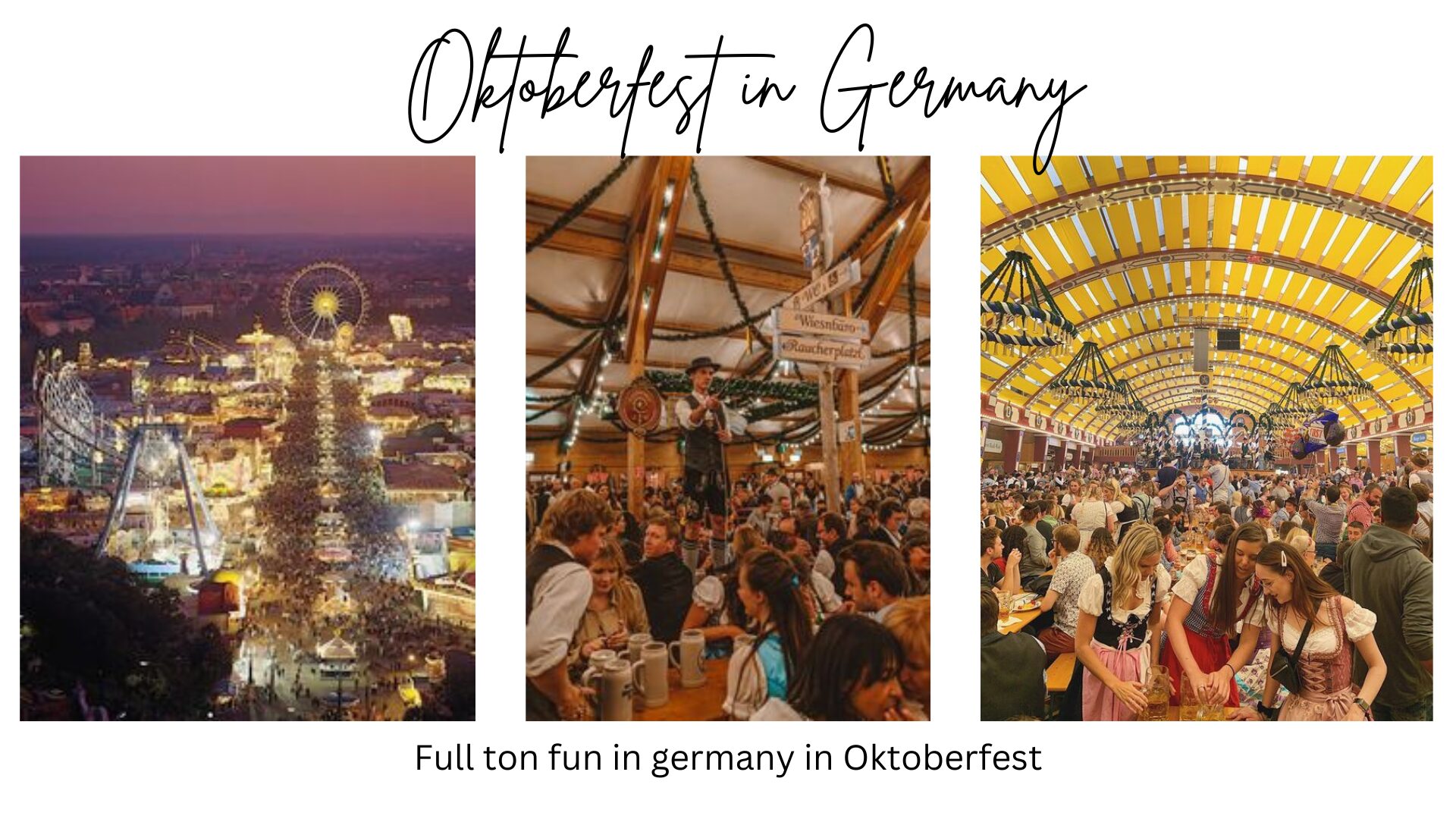Table of Contents
August 9th is recognized as “The International Day of the World’s Indigenous Peoples” .Let’s discover its significance,importance and messages.
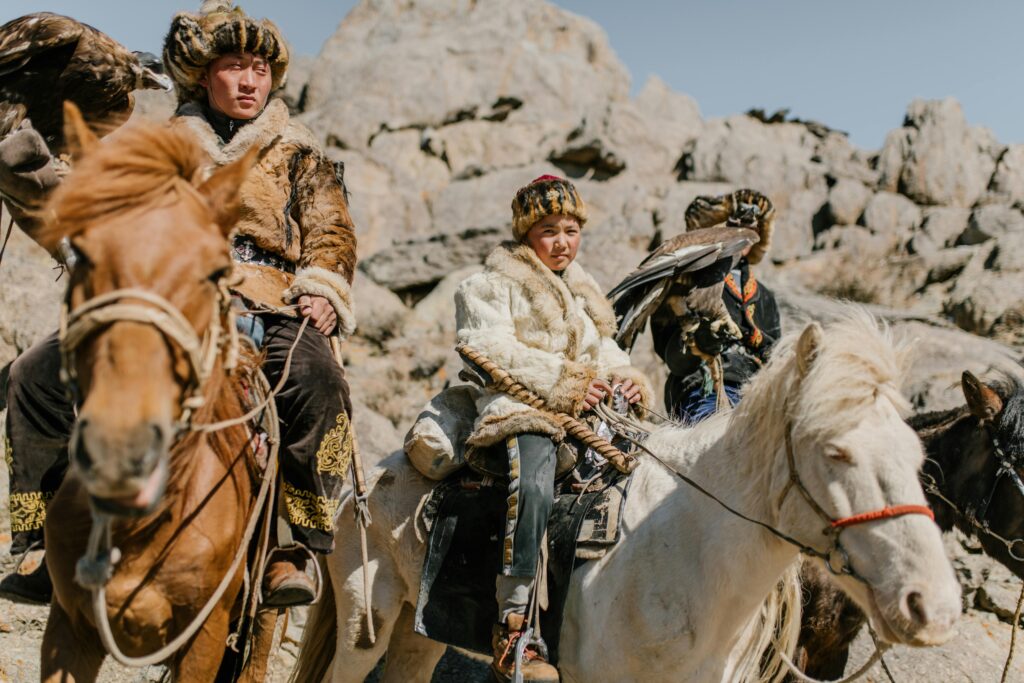
Indigenous Peoples
Introduction To International Day of the World’s Indigenous Peoples
Brief overview of International Day of the World’s Indigenous Peoples
The International Day of the World’s Indigenous Peoples is celebrated annually on August 9th. This day honors the rich cultures, traditions, and contributions of indigenous peoples worldwide. It also raises awareness about the challenges they face.
Significance of the day
This day is significant as it highlights the importance of preserving indigenous cultures and recognizing their rights. It serves as a reminder of the need for global solidarity and support for indigenous communities.
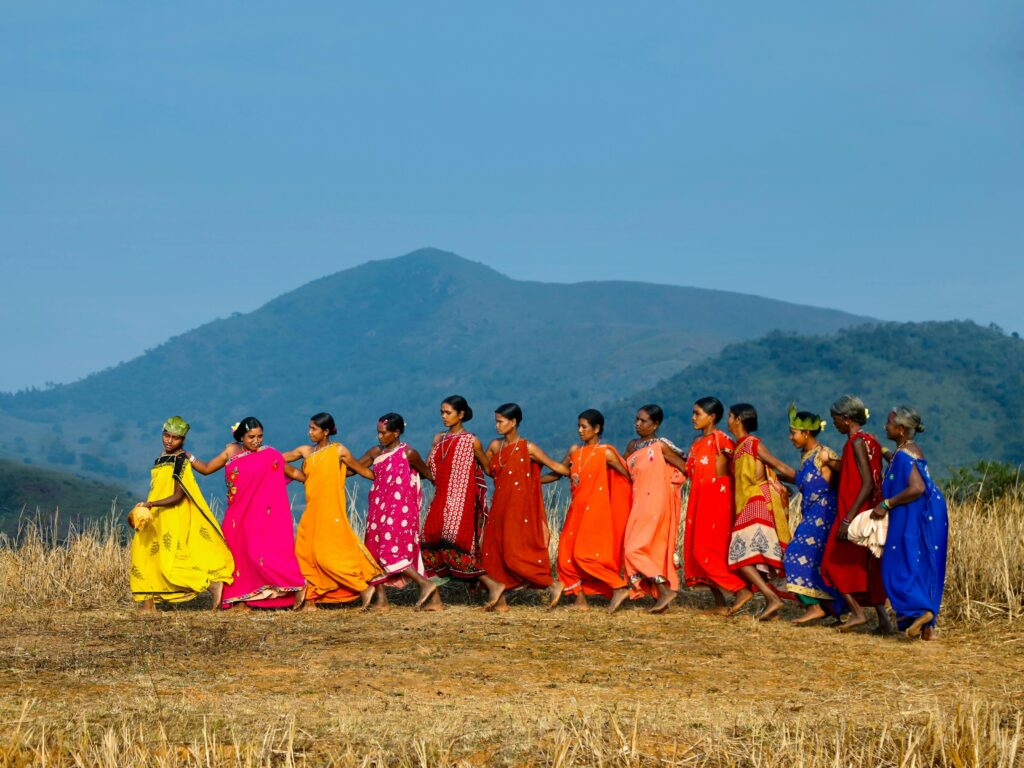
Indigenous Peoples
Origin and History
How the day originated in 1994
The United Nations General Assembly proclaimed August 9th as the International Day of the World’s Indigenous Peoples in 1994. This date marks the first meeting of the UN Working Group on Indigenous Populations in 1982.
History of indigenous peoples’ struggles and achievements
Indigenous peoples have faced centuries of marginalization and discrimination. Despite these challenges, they have made significant contributions to society, including environmental conservation and cultural preservation.
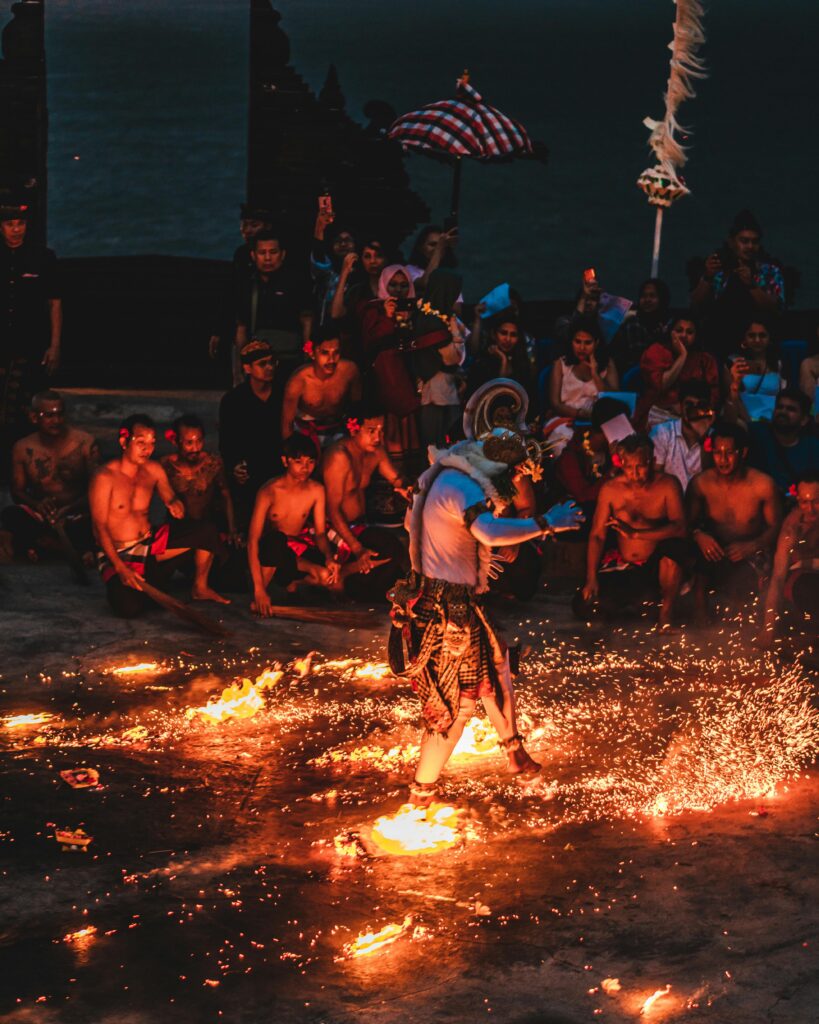
How to Celebrate
Ideas for celebrating the day (cultural events, workshops, etc.)
Celebrate this day by attending cultural events, workshops, and exhibitions that showcase indigenous traditions. Participate in storytelling sessions, dance performances, and craft workshops to learn more about indigenous cultures.
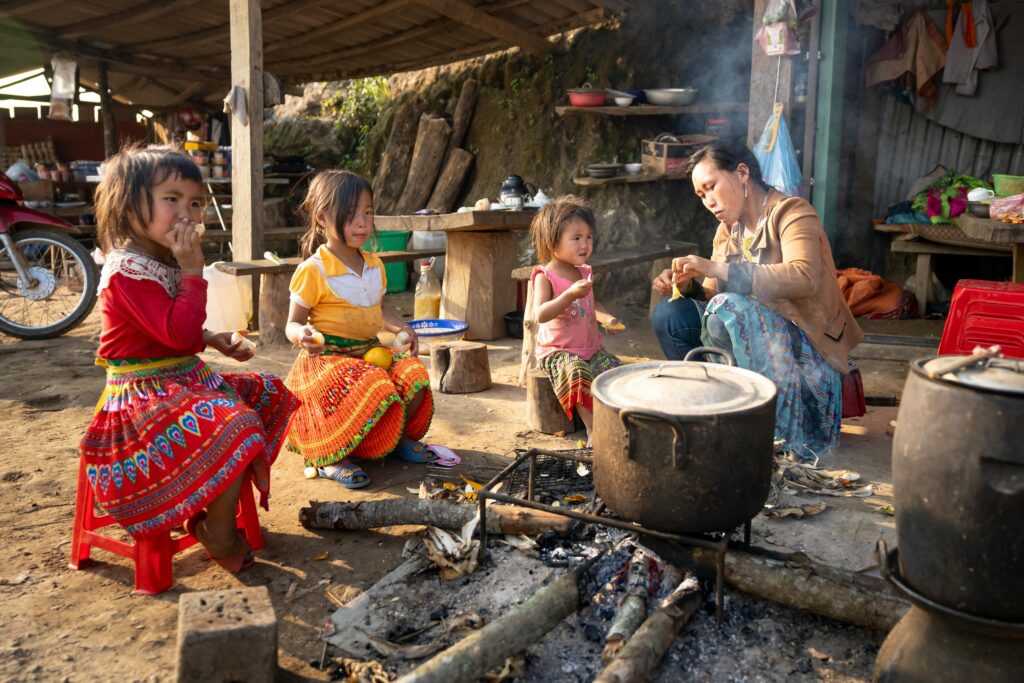
Indigenous Peoples Community
Tips for supporting indigenous communities
Support indigenous communities by purchasing their handmade crafts, donating to organizations that advocate for their rights, and educating yourself about their history and struggles. Volunteering your time and skills can also make a meaningful impact.
Where to Celebrate
International events and conferences
Many international events and conferences are held to celebrate this day. These gatherings provide a platform for indigenous leaders to share their experiences and discuss issues affecting their communities.
Local indigenous cultural centers and communities
Visit local indigenous cultural centers and communities to participate in celebrations. These centers often host events that include traditional music, dance, and food, offering a deeper understanding of indigenous cultures.
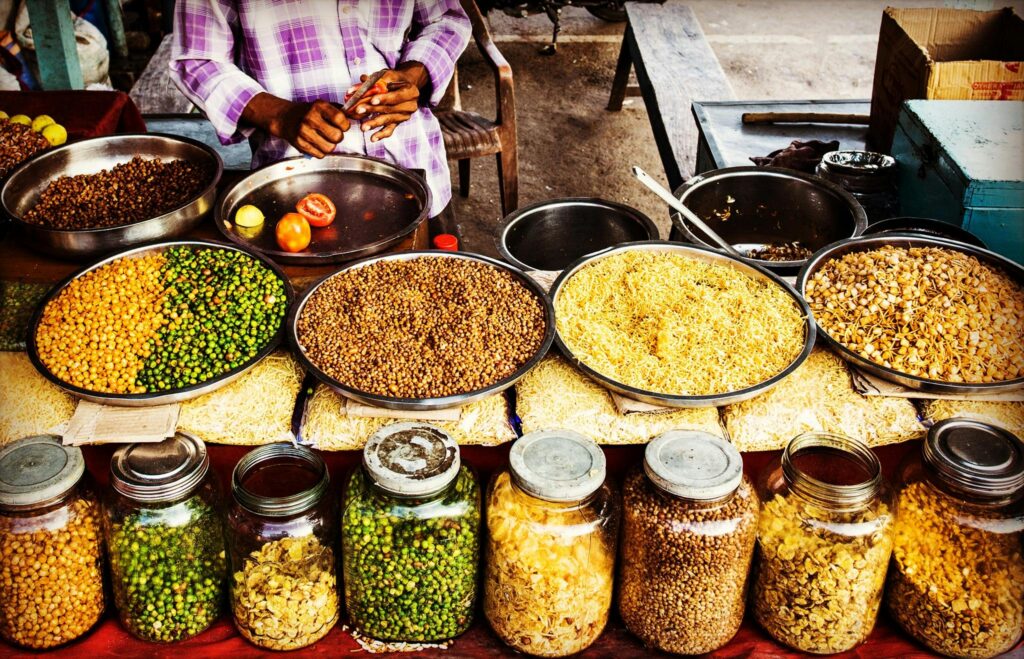
Food Materials
Traditional Food and Cuisine
Traditional indigenous dishes and refreshments
Indigenous cuisine is diverse and rich in flavors. Traditional dishes often include ingredients like maize, beans, squash, and wild game. Enjoying these foods is a way to connect with indigenous heritage.
Cultural significance of food in indigenous communities
Food plays a vital role in indigenous cultures, symbolizing community, tradition, and connection to the land. Sharing meals is a way to honor ancestors and celebrate cultural identity.
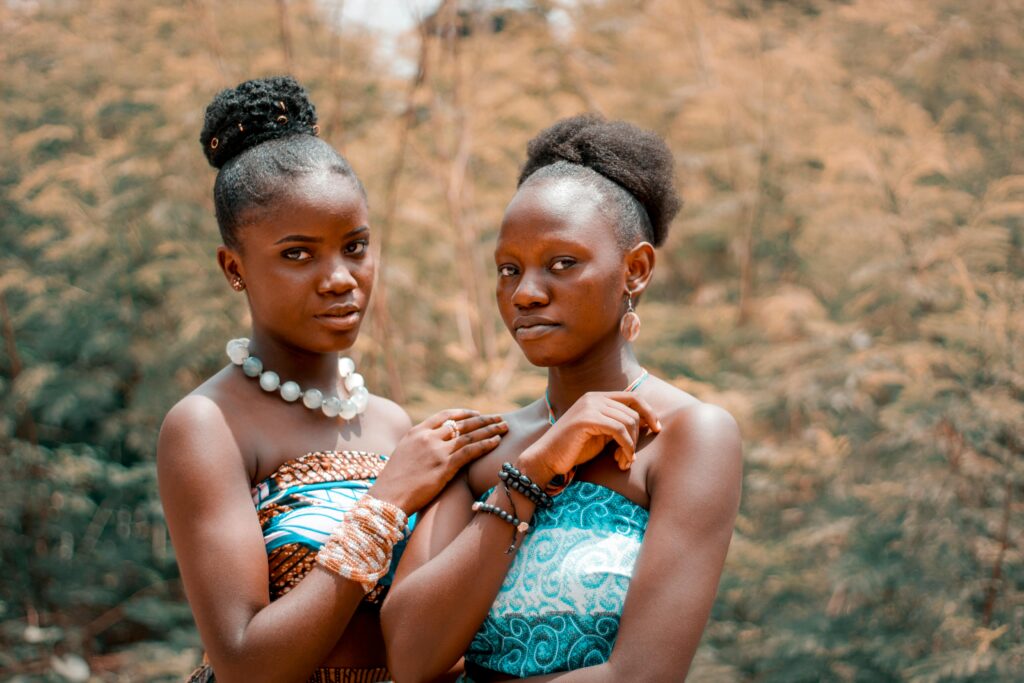
Women Attire
Dress Code and Attire
Traditional indigenous clothing and attire
Indigenous clothing varies widely across different cultures but often includes beautifully crafted garments made from natural materials. These clothes are adorned with intricate patterns and symbols.
Cultural significance of dress and adornment
Traditional attire is not just about aesthetics; it carries deep cultural significance. Clothing and adornments often tell stories of heritage, social status, and spiritual beliefs.
Gifts and Presentations
Gifts supporting indigenous artisans and communities
Consider giving gifts that support indigenous artisans, such as handmade jewelry, textiles, and artwork. These purchases help sustain traditional crafts and provide economic support to communities.
Educational resources and materials
Books, documentaries, and educational materials about indigenous cultures make thoughtful gifts. They promote awareness and understanding of indigenous histories and contemporary issues.
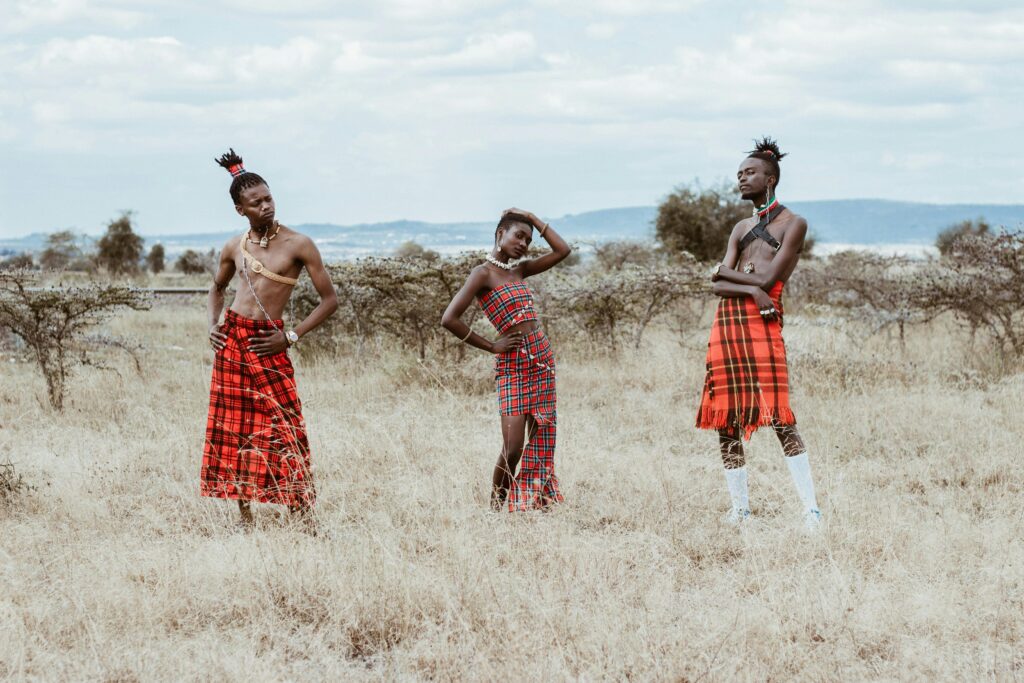
Indigenous peoples
Wishing Quotes and Messages
Collection of quotes and messages from indigenous leaders and communities
“Let us put our minds together and see what life we can make for our children.” – Sitting Bull
“Indigenous peoples are the guardians of the world’s biodiversity.” – Victoria Tauli-Corpuz
Wishes and greetings for the day
“May this day bring recognition and respect to all indigenous peoples.”
“Happy International Day of the World’s Indigenous Peoples! Let’s celebrate and honor their rich heritage.”
Songs and Music
Traditional indigenous music and songs
Traditional music is an integral part of indigenous cultures. It includes a variety of instruments like drums, flutes, and rattles, often used in ceremonies and storytelling.
Contemporary indigenous music and artists
Contemporary indigenous artists blend traditional sounds with modern genres, creating unique and powerful music. Artists like Buffy Sainte-Marie and A Tribe Called Red are celebrated for their contributions.
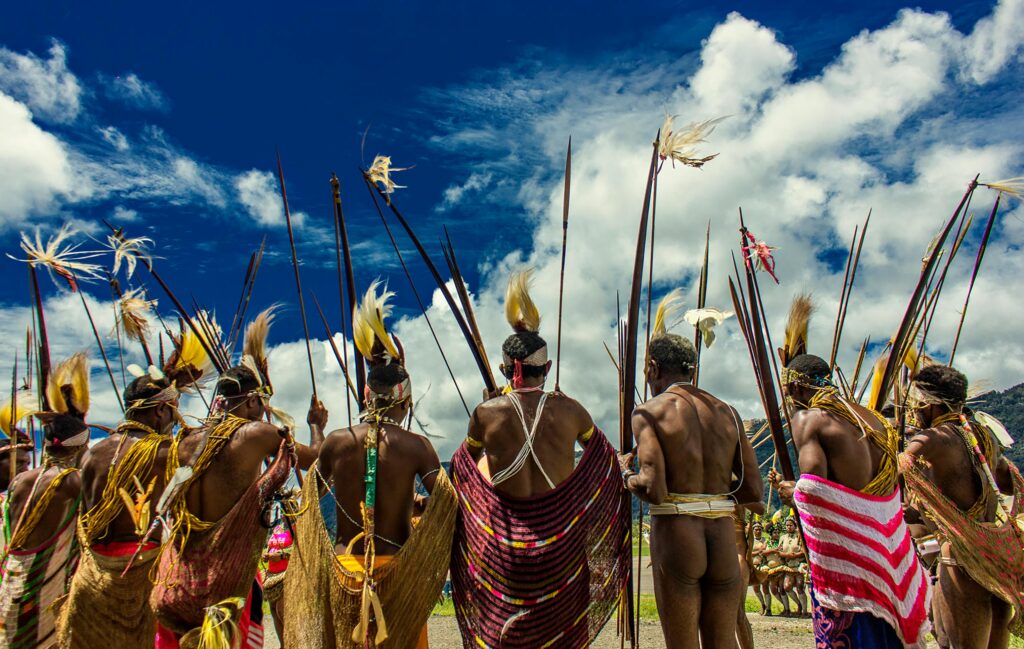
Indigenous peoples
Movies and Documentaries
Films showcasing indigenous cultures and struggles
Movies like “Smoke Signals” and “The Fast Runner” offer insights into indigenous life and challenges. These films highlight the resilience and strength of indigenous communities.
Documentaries on indigenous issues and achievements
Documentaries such as “Rumble: The Indians Who Rocked the World” and “We Were Children” provide a deeper understanding of indigenous histories and contemporary issues.
Books and Literature
Books on indigenous history, culture, and struggles
Books like “Bury My Heart at Wounded Knee” and “The Inconvenient Indian” explore the history and struggles of indigenous peoples. These works are essential for anyone interested in learning more about indigenous issues.
Literature by indigenous authors and poets
Indigenous authors like Louise Erdrich and Sherman Alexie offer powerful narratives that reflect their experiences and cultures. Their works are celebrated for their authenticity and emotional depth.
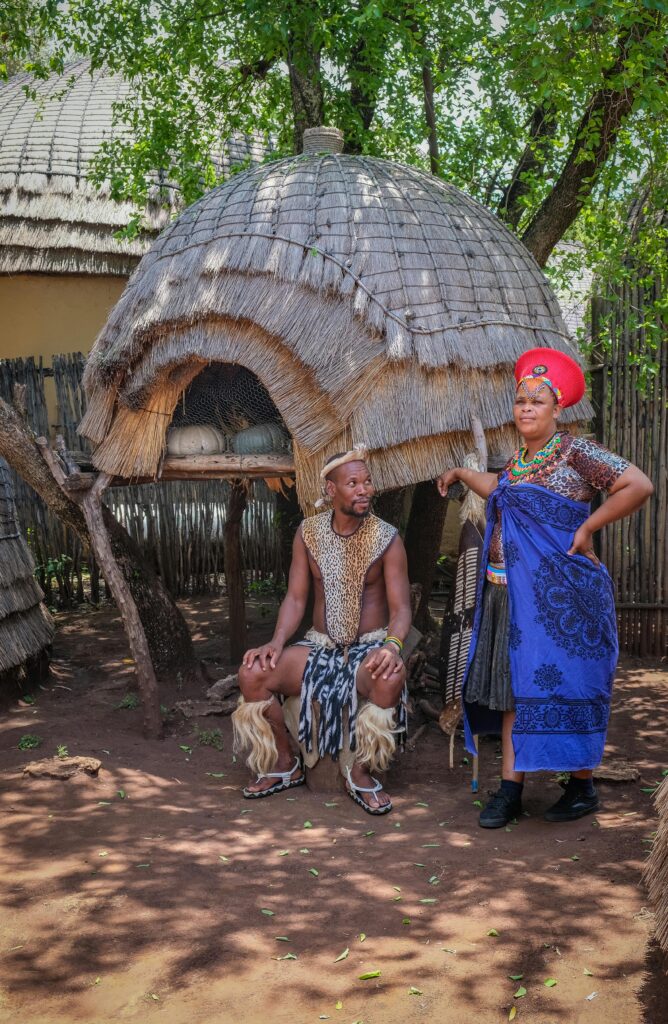
Indigenous peoples
Indigenous Rights and Empowerment
Importance of recognizing and supporting indigenous rights
Recognizing and supporting indigenous rights is crucial for achieving social justice and equality. Indigenous peoples have the right to preserve their cultures, lands, and traditions.
Initiatives and organizations promoting indigenous empowerment
Organizations like the International Work Group for Indigenous Affairs (IWGIA) and Cultural Survival work tirelessly to promote indigenous rights and empowerment. Supporting these initiatives can make a significant impact.
International Day of the World’s Indigenous Peoples
Recap of International Day of the World’s Indigenous Peoples’ significance and celebrations
The International Day of the World’s Indigenous Peoples is a day to celebrate and honor the rich cultures and contributions of indigenous peoples. It is also a time to reflect on their struggles and support their rights and empowerment.
Read More – “Event Register“


